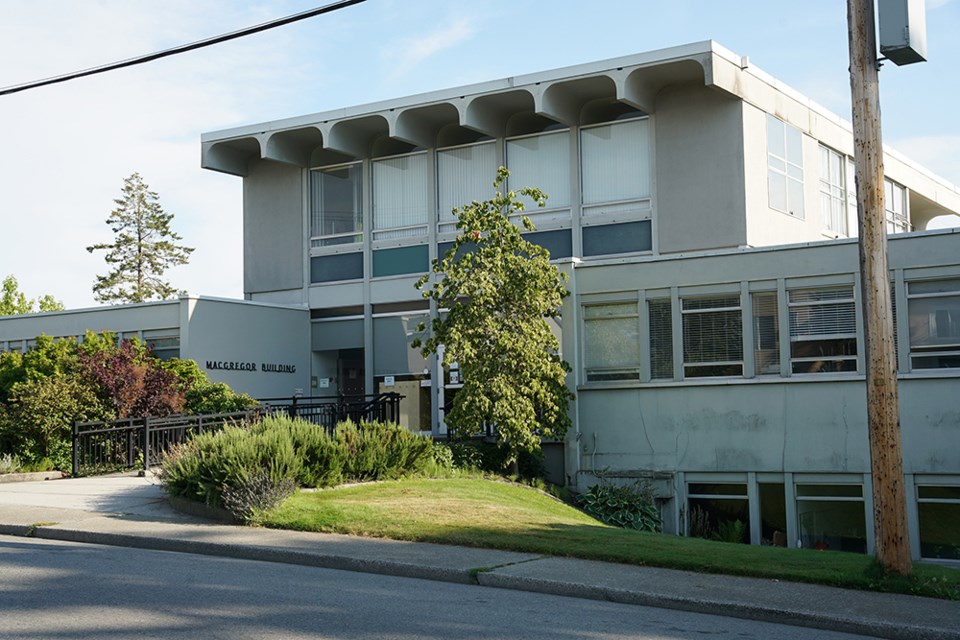A City of Powell River taxpayer has noted that taxes for an average single-family dwelling are higher than the 4.3 per cent quoted by the city.
She was told, however, that other taxation authorities beyond the control of the city may have an effect on increases that taxpayers will be facing in 2023.
At the council meeting on May 4, during question period, city resident Sherry Burton said when she heard the final numbers for the tax rates bylaw were in, she used the city’s tax estimator and entered the average assessed value for a single-family dwelling in the city, for 2023, which is $628,246, and then she entered the 2022 average assessed value of $535.345. She said when using the tax calculator, the individual entering the data is required to enter assessed values from 2022 and 2023.
“When I did that, the two amounts were within the jurisdiction’s average of 17 per cent,” said Burton. “With no homeowner grant, the taxes increased 6.6 per cent, with a basic homeowners grant, it was eight per cent and the additional homeowners grant [for seniors] was 8.6 per cent.
“When I compared my property taxes, because we appealed our assessment this year, we ended up being, thankfully, below the jurisdiction average, but even with that, our taxes increased by 5.9 per cent. If we had not done that, our taxes would have increased, because we were originally assessed at 14 per cent higher than the jurisdiction average – that would have been 31 per cent. If we had not been successful in appealing our property assessment, it would have been an increase of 19.6 per cent, and over $1,000 more than last year.”
Burton said she and her husband live on fixed incomes.
“I can guarantee you right now that our income did not increase 19.6 per cent in the last year,” said Burton. “I just want council to understand the sticker shock many people are facing, who are over the jurisdiction average. I find it very frustrating when the city says, ‘your property is worth more now, so that is why you are paying so much more in taxes.’ My property might be worth more but that doesn’t automatically translate into more money into my bank account. It’s on paper.”
Burton said the only way she is going to access that money is if she sells her house for the amount over and above what the assessment authority seems to think the property is worth.
“You have to understand how frustrating it is as a taxpayer to see, every year, the budgets go up and up, and there doesn’t seem to be any restraint, given the consideration that the mill tax revenue may be gone.”
She asked if council understood the sticker shock that a lot of taxpayers in this town are facing, particularly seniors who are on fixed incomes.
Council control
Chief financial officer Mallory Denniston said Burton speaking with BC Assessment was important.
“That’s a good reminder and I’m thankful that you were successful in that,” said Denniston. “The other piece is that more than 30 per cent of the tax notice is out of control of council, so council can really only control the municipal property tax rate, and that has increased by 4.3 per cent for an average single-family dwelling.
“We’ll note that the other authorities have increased by 12.7 per cent, so much of what residents will see is an increase due to factors that are out of city council’s control. Other jurisdictions to speak to would be qathet Regional District, Powell River Regional Hospital District, the Municipal Finance Authority of British Columbia, BC Assessment and School District 47, which increased quite a bit. You are so knowledgeable and well-researched and I appreciate that. Council hears you and I hear you, but there are six other factors that are out of control of council.”
Denniston said hopefully, Burton is able to voice her opinions to the other authorities that can also take action.
Councillor George Doubt said he is aware of the impact tax increases can have on individuals in the community.
“It’s one of the many financial impacts that residents of the city are facing,” said Doubt. “I understand it, and as far as I can tell, all my colleagues on city council understand that. We’re trying to find the correct balance and I understand the impact of the decisions that we make.”



